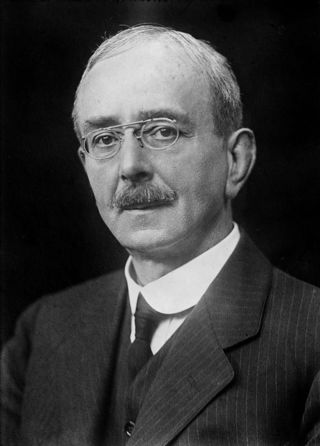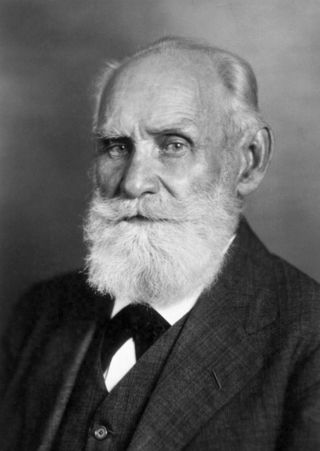Environment
The Brain as a Weapon
The brain may be an organism’s best weapon for meeting the demands of survival.
Posted October 10, 2018
Why do we have a brain? How did it evolve? These are difficult questions for which we are still seeking answers. Interestingly, it turns out that two Nobel Prize-winning physiologists offered answers a century ago that closely agree with one another and that provide a useful framework for integrating much of contemporary behavioral and brain science. Charles Scott Sherrington (1857-1952) and Ivan Petrovich Pavlov (1849-1936) are the scientists, and their concerted ideas provide us with considerable food for thought.

Sherrington believed that the brain was built upon and evolved from the distance receptors—the eyes, the ears, and the nose. The senses of sight, hearing, and smell shared a key feature: They could detect distant stimuli before the organism could make physical contact with them. If appetitive or aversive stimuli could be sensed before contact, then organisms could prepare for them by approach or withdrawal, respectively. The brain, therefore, provided the organism with the computational capacity to sense and to respond adaptively to external stimuli—prior to their actual receipt. In other words, the distance receptors permitted the organism to initiate anticipatory reactions.
Such anticipatory reactions, Sherrington proposed, afforded a decided survival advantage to organisms possessing such well-developed brains over those organisms unable to engage in anticipatory reactions. Thus, the brain became the best weapon organisms had to improve their ability to cope with the challenges posed by an often harsh environment.

Pavlov, too, recognized the adaptive advantage of anticipatory responding. His concept of signalization concerned the organism’s responding to a signaling or conditioned stimulus in much the same way as it would to the signaled or unconditioned stimulus. So, in the case of a ticking metronome regularly preceding food, a dog might respond to the sound of the metronome as it would to the sight of food—in each case, it might approach and salivate to the stimulus.
Although most readers are familiar with Pavlov’s focus on the salivary reflex, he also stressed the adaptive role played by motor conditioned responses. Note this quotation in particular: “How many simple physiological reflexes start from the nose, the eye, and the ear, and therefore originate at a distance!” By appreciating the ability to sense stimuli at a distance, Pavlov was alert to anticipatory responses enabling organisms to seek their food and to avoid their enemies.
Putting these insights into an even broader perspective, Daniel Clement Dennett (1942-) offered this vision of the mind’s work in his 1996 book, Kinds of Minds: “The task of a mind is to produce future....A mind is fundamentally an anticipator, an expectation-generator. It mines the present for clues, which it refines with the help of the materials it has saved from the past, turning them into anticipations of the future. And then it acts, rationally, on those hard-won anticipations." (pp. 57-58)
Whether people or animals ever respond rationally is, of course, debatable. But, it is clear that our brains do often call upon the past in order to prepare for the future. Viewing the ideas of Sherrington and Pavlov in this light suggests a useful framework for understanding the evolution of brain and behavior—whether that behavior proves to be adaptive or maladaptive (Wasserman, 2018).
References
Pavlov, I. P. (1928/1963). Lectures on conditioned reflexes: Twenty-five years of objective study of the higher nervous activity (behaviour) of animals. New York: International Publishers.
Sherrington, C. S. (1906). The integrative action of the nervous system. New Haven: Yale University Press.
Wasserman, E. A. (2018). Precrastination: The fierce urgency of now. Learning & Behavior. https://doi.org/10.3758/s13420-018-0358-6


